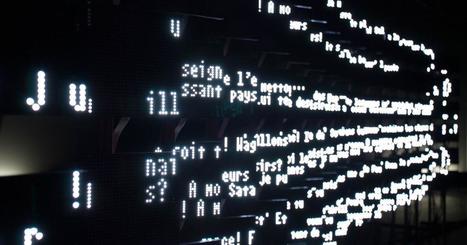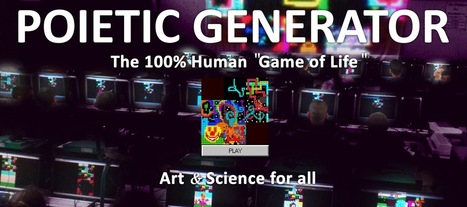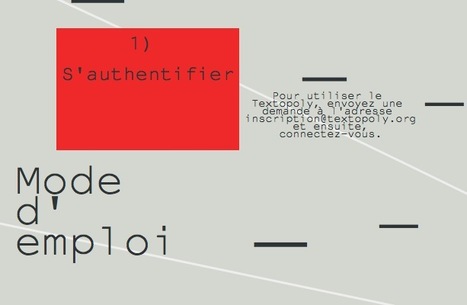L’installation se base sur des textes et mélodies d’opéra inspirés par le mythe de Faust – l’épopée de la curiosité humaine et de ses limites. 102 écrans et haut-parleurs sont disposés afin de créer des schémas répétitifs, projetant le virtuel dans l’espace. Les phrases et mélodies des chanteurs sont reproduites à l’aide de logiciels d’apprentissage automatique. Une nouvelle version de Faust est créée, en mouvements fragmentés de sons et de lumières. C’est un jeu avec les frontières de la perception. L’instant où le langage perd son sens, devient abstrait et révèle ainsi la véritable poétique (dans toute son absurdité) du numérique.
The installation is based on texts and melodies collected from operas narrating the Faust myth – the epic of human curiosity and its limits. 102 screens and speakers are arranged in repetitive patterns creating an emergent space. The phrases and melodies of the vocalist are reproduced using machine learning software. A new version of Faust is created in fragmented movements of light and sound. It is a game with the boundaries of perception. The point where language loses its meaning and becomes abstract. This reveals the proper poetics – in all its absurdity – of the digital.



 Your new post is loading...
Your new post is loading...













